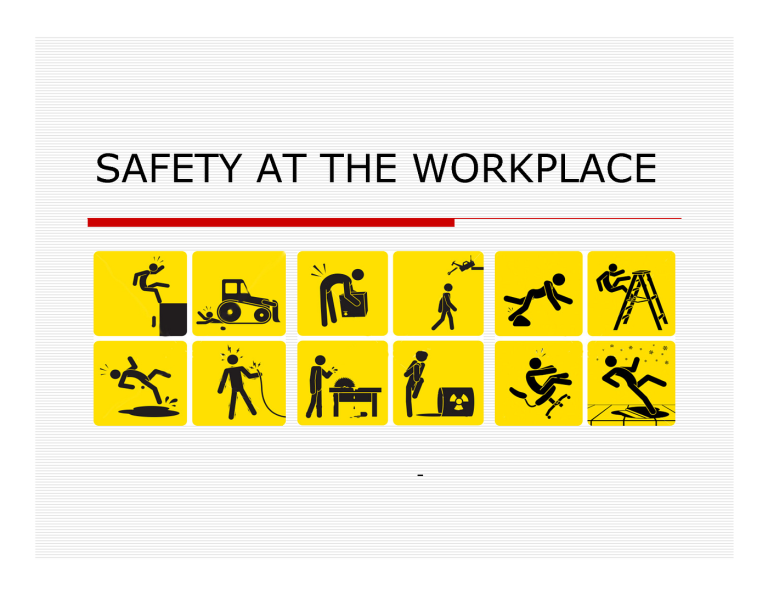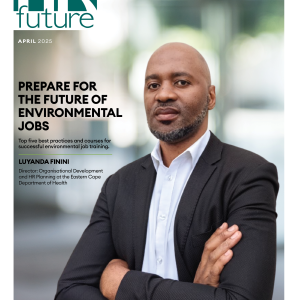Last year, a World Bank report concluded that South Africa is the “most unequal country in the world,” ranking first among 164 nations. Local experts agree. The workplace, they say, is like a cappuccino. At the bottom, you have mostly brown, and at the top, mostly white.
Indeed, while transformation is taking place, it’s almost exclusively limited to the lower rungs of the working ladder. Up top, little has changed. As a result, race remains the single biggest determinant of quality of life in the country.
How is this possible in a nation that has enjoyed thirty years of emancipated governance? How is this possible in a country that has pushed B-BBEE (henceforth BEE) laws to the forefront of the economic machine?
The answer is rooted in social hierarchies that persist unabated. To look and speak as if you’re from a private school? That still holds more sway than to present as someone who heralds from the townships. And this is just one example. Social stigmas are everywhere in South Africa, and they almost always benefit white people. While they’re largely unacknowledged, they’re tacit realities of life in this country.
It starts at home
First, you need to understand what home life has been like for ordinary black, working South Africans. To them, whiteness has always been celebrated, even post-1994, in part because our globalised world is in thrall to American TV and consumer culture.
I’ve given some tidbits from my childhood; a childhood where the only toys my mother could get me were barbies with blonde hair and white skin. At school, hair was only deemed “neat” if it was worn a certain way. On TV, almost all shows were the product of America, and centred on white protagonists.
Put it this way, the idea that, in a white neighbourhood, you’ll only be able to get black Barbies is unheard of. Yet when I grew up in Soweto, only white Barbies were available to my mother.
There are efforts to redress this balance. More and more Hollywood films are sporting people of colour – often in leading roles. And yes, you can now buy black dolls. But you only have to consult IMDB to see that the upcoming Barbie movie is starring Margot Robbie as the titular character and Ryan Gosling as her paramore, Ken. Both are assuredly well-meaning yet nonetheless caucasian actors embody the “perfect” person.
There is still a preference for white faces in mainstream roles in Hollywood, and there is still an underlying sense in South Africa, that lighter skin tones equate to greater levels of intelligence. At the very least, if you’re white, you’re never scrutinised in the same way.
Race in the workplace
What happens at home is then taken into the workplace. White faces are often already in power, and another white face is seen as a safe pair of hands to take over. Fine, so why haven’t BEE laws helped? After all, BEE is expressly designed to combat this sort of favouritism.
Companies can’t ignore BEE. And without it, many firms would do as they pleased. Yet, at the same time, BEE makes tokens of people, and automatically creates exclusion.
Think about it: if you’re the only one in an EXCO team of six other people, even though it’s unintentional, it becomes really draining [to feel different]. Neuroscience has shown that exclusion in our brain registers as physical pain.
So that experience is painful, and we human beings cannot tolerate pain. So if you put your hand on the stove, you want to remove it. Ergo, if you are in an environment which is less than ideal, you want to remove yourself.
Private firms suffer from the revolving door syndrome as a result: black employees arrive, are promoted, but never earn the top job. They end up leaving and a new cycle begins. There are of course exceptions, but the economic landscape in the country has changed surprisingly little since the end of Apartheid.
Many clients consider going overseas. Because of experiences like loadshedding, because of the experiences they are having in the workplace – it’s not great… it’s not a great experience… and so they’re definitely making plans.
Last year, the President explained the situation simply: black ownership of JSE-listed companies has barely improved in the “past 28 years.”
Making a difference
While BEE tries to brute force change, there’s often a simpler way to make a difference.
For instance, one of our clients comes from Limpopo. The Limpopo native knows that there are lots of clever kids in her region, and so she has managed to get her company to invest money in the area.
What they’ve created is an employee pipeline. This is actually going to make a meaningful difference down the line, because the children will get to prove their worth and feel like an accepted peer one day, while the company will reap the benefits of top-tier talent who are loyal to the firm.
My client has been given the platform to suggest an idea, and follow it through. She has drawn on her lived experience – of growing up in Limpopo – to improve the lives of the locals, while helping her company pick quality candidates further down the line. It’s this sort of cooperation that the country needs. Real people making a real difference.
The problem? Most people simply want to protect themselves. This is especially true when you really climb the corporate ladder and get to the top. At the summit, CEOs are ultra wary of giving an inch. Fine, hierarchies are always going to exist.
History tells us this. (After all, we’re so competitive as a species, we even compete over things we can’t change – like the way we look – and things we have almost no control over – like money). Still, if you’re at the top, you’re obliged to do your bit.
Create an environment where you’re interested in your employees. Look at ways to empower them so they can offer ideas. Don’t just hire people who you share a social network with. And remember: a sustainable employee pipeline will only benefit you in the long run.
For MAfrica hire sustainably so that they can promote sensibly and start to change the economic landscape from within. Brute forcing change doesn’t work: it simply breeds discontent. What we really need is a sensible, calm and level-headed approach to evening up the playing field for one and all.
Julia Makhubela Founder and Director of 54twentyfour.


























